Features
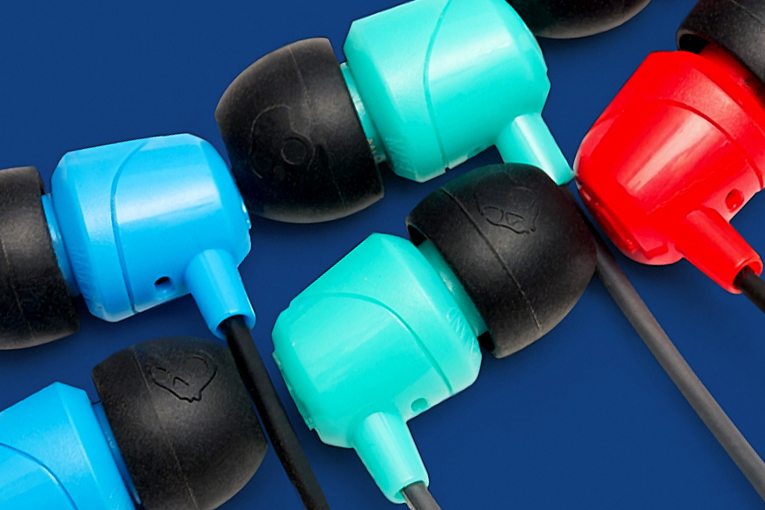
- Details
- Written by: Brent Butterworth
I’ve been writing audio product reviews for 30-plus years, and reading them for about 45 years, and there’s one question none of them have ever addressed—but that I, and many of my readers over the years, have often wondered about. Sure, the most dedicated reviewers can do thorough, informed evaluations of a product. But how do they know that what they heard is representative of what a reader buying that product will hear? We almost always get just one product sample—maybe, in unusual cases, two. But from Julian Hirsch to the 18-year-old reviewer who just started his own TikTok channel last week, we all assume—or perhaps more accurately, hope—that the sample we tested is representative of the ones our readers buy in a store or online.
Read more: How Consistent Is the Quality of Headphones and Earphones?
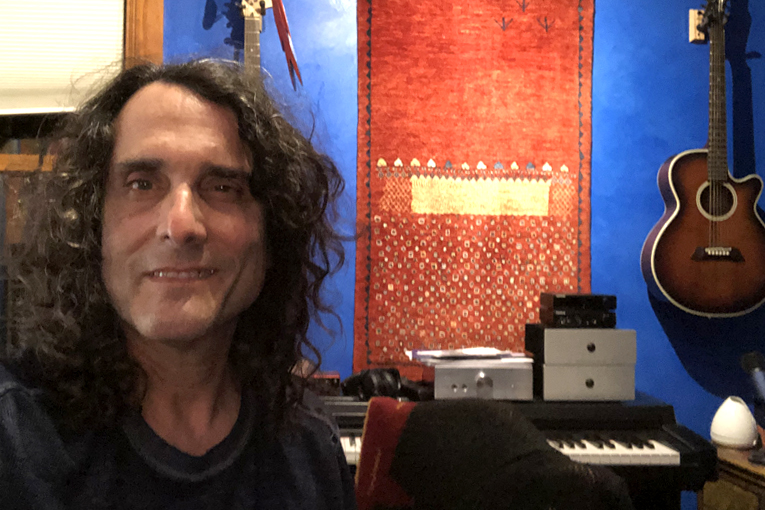
- Details
- Written by: Brent Butterworth
Through the last 44 years, David Chesky has revolutionized audiophile recording at least three times—once with his super-ambient stereo recordings, once with his unique approach to surround sound, and once with his Binaural+ technique targeted mostly at headphone users. Now he’s at it again with a whole new concept that owes nothing to his past work: Meta-Dimensional Sound, which delivers a recording in two different versions: one optimized for headphones, the other for speakers.
Read more: David Chesky’s New New Revolution in Headphone Sound
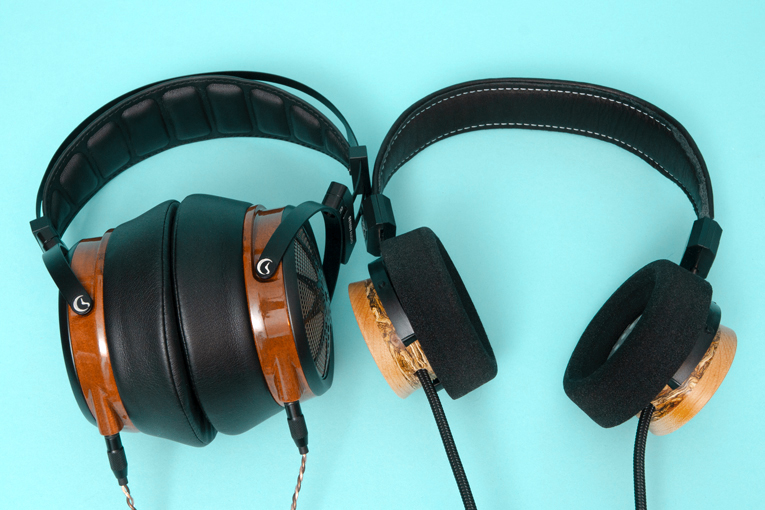
- Details
- Written by: Brent Butterworth
The debate about the usefulness of lab measurements in predicting listener preference rages nowhere more furiously than in my own mind. (Why do I suspect that lede just lost me half my readers?) I’m one of the small number of headphone reviewers who has lab-grade measurement gear, and the similarly small number who belong to the Audio Engineering Society and regularly follow the scientific research on the topic. But I’m also one of the few reviewers who routinely seeks out the opinions of others, and who values their opinions as much as my own. You could say I get it from both sides—and that’s why I’ve come to believe that neither side has all the answers.

- Details
- Written by: Brent Butterworth
Some stories spring from surprising origins. About a decade ago, I was riding in the back of the car with my family on Interstate 10 from Houston to New Orleans—a journey that would intrigue only those with a fetish for swamps or oil refineries. Tired of whatever my dad was listening to on the radio, but having forgotten to bring headphones with me, I grabbed a $10 set of off-brand earphones at a truck stop near St. Charles, Louisiana.
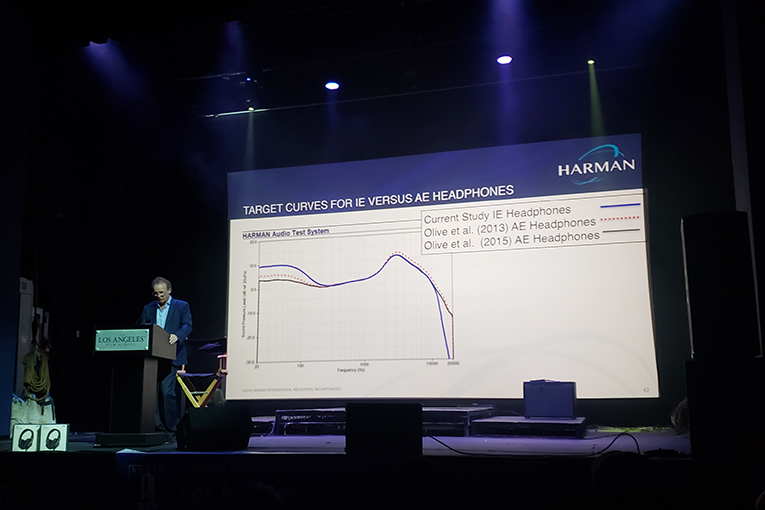
- Details
- Written by: Brent Butterworth
The Harman curve—the well-known, science-based “target curve” for headphone and earphone frequency response—has been with us for almost a decade. Yet it seems more controversial than ever, and a group of audio enthusiasts who could be called “Harman curve haters” has emerged. I knew this phenomenon existed on some level, but I started to realize how prevalent it has become only after I recently reviewed the Apos Audio Caspian headphones. The Caspians were voiced by a reviewer/consultant named Sandu Vitalie, who describes the Harman curve as sounding “soulless and boring.”
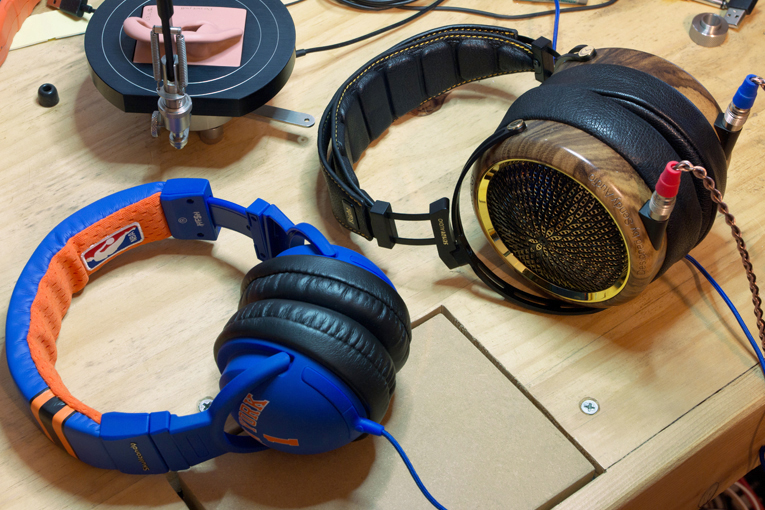
- Details
- Written by: Brent Butterworth
In audio, as in so many fields, language unites us and divides us. Specifically, I’m talking about the use of technically questionable and scientifically unquantifiable jargon in subjective reviews. To subjectively minded audio enthusiasts, this is just an honest attempt to describe what they’re hearing. But to objectively minded audio enthusiasts, this jargon—terms like “inner detail,” “microdynamics,” and “texture”—may suggest the reviewer’s grasp of their subject is informed more by reading other reviewers than by digging into technical books and scientific papers.
Read more: Is It Possible for Headphones to Sound Fast? (Or Slow?)
- The Four Things that Recording an Album Taught Me About Audio
- What Playing Music Taught Me About Audio
- Voicing Headphones, Part 3: Campfire Audio's Ken Ball and 64 Audio’s Vitaliy Belonozhko
- The #1 Red Flag in Audio Articles, Ads . . . and Everything Else
- How Not to Go Deaf from Headphone Listening
- What’s the Future of High-End Headphones?
- How Audio Writers Are Killing the Audio Industry
- Why Buying High-Quality Headphones Is a More Responsible Purchase
- Does It Make Sense to Demo Audio Over the Internet?
- The New Standard That Killed the Loudness War
- Headphones 2020: The Year in Review
- Three Cases Where Measurements Didn’t Work
- How Much Can We Really Tell From Listening?
- Balanced Armatures: Why You Might (or Might Not) Want Them
- The Coming Revolution in Headphone Sound Quality
- Can Accuracy in Music Reproduction Exist?
- The Biggest Lie in Audio
- Voicing Headphones, Part 2: HiFiMan’s Fang Bian and Focal’s Mégane Montabonel
- What Will the Next Generation of Headphones Be Like?
- How Far Have Headphones Come?
- Voicing Headphones, Part 1: PSB/NAD's Paul Barton and Dan Clark Audio's Dan Clark
- How Will Headphone Testing and Reviewing Change in the 2020s?
- What the AKG K371 Headphones Tell Us About "Slow Listening"
- Where Are We At With The Harman Curve?
- Why Headphone Amps Are More Interesting Than Speaker Amps
- 2019’s Most Important Headphone Presentation
- Noise Canceling Is Much More Complicated Than We Thought
- How Does Aging Affect Audio Perception?
- Noise-Canceling Headphones for 17 Cents?
- Is Chesky Dumping Binaural?
- Why My Fi Ain't Hi-Fi
- Latency: A New Concern for Audiophiles?
- How to Read Our Headphone Measurements
- Eardrum Suck: The Mystery Solved!
- Should Audio Gear be Considered Luxury Goods?
- Headphone Equalization Using Measurements
- Why Is It So Hard to Rate Headphones?
- Five Things Headphone Enthusiasts Get Right (and That the Two-Channel Guys Get Wrong)
- The Best Possible Way to Test Audio Products (and Why Most People Don't Do It)
- Will aptX Adaptive Improve Headphone Sound?
- Is the miniDSP EARS the Death of Headphone Measurement? Or its Savior?
- What Are Measurements Good For?
- How Much Noise Do Your Headphones Really Block?
- Why We're Launching "SoundStage! Solo"
SoundStage! Solo is part of
All contents available on this website are copyrighted by SoundStage!® and Schneider Publishing Inc., unless otherwise noted. All rights reserved.
This site was designed by Karen Fanas and the SoundStage! team.
To contact us, please e-mail info@soundstagenetwork.com




